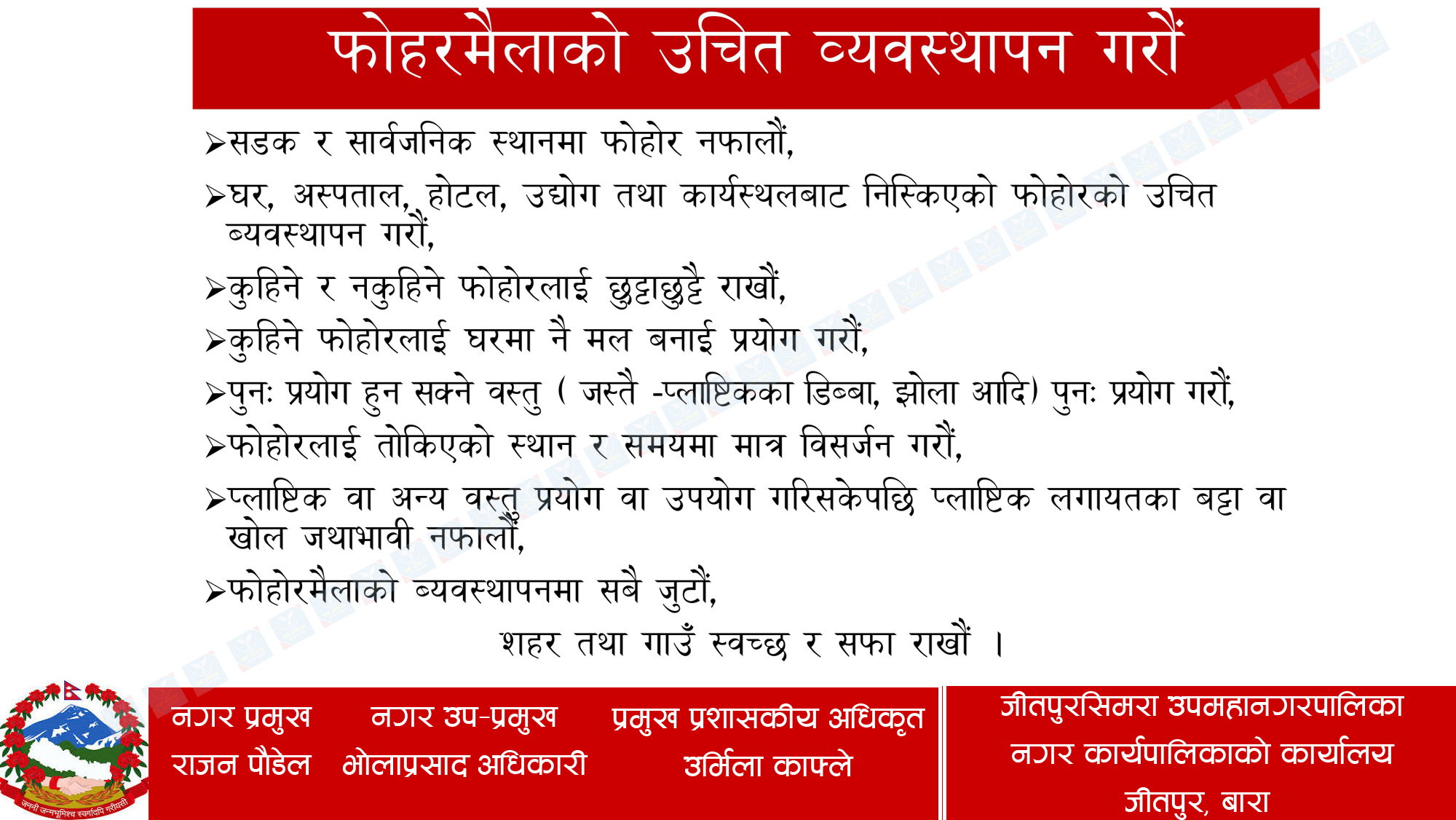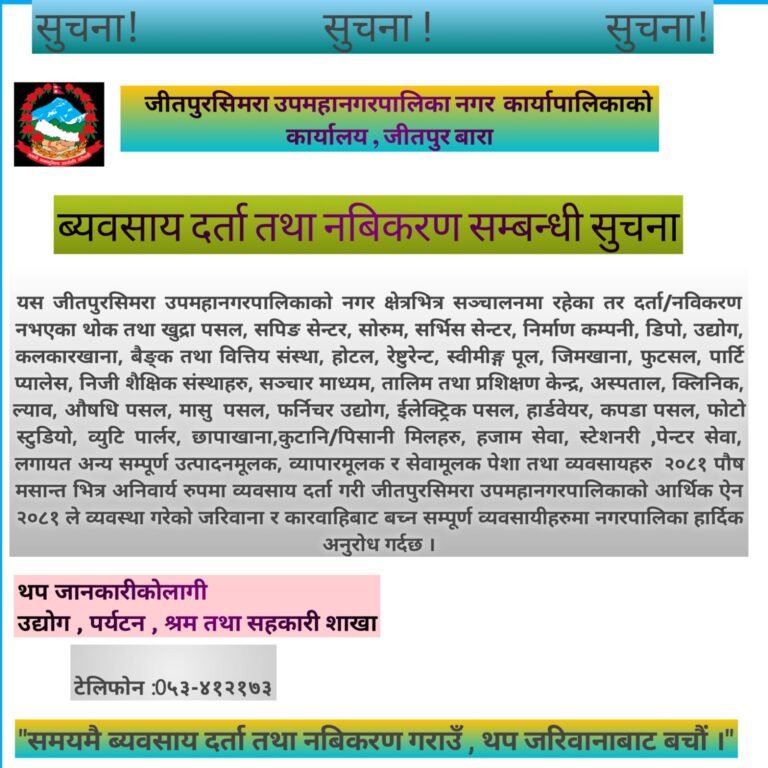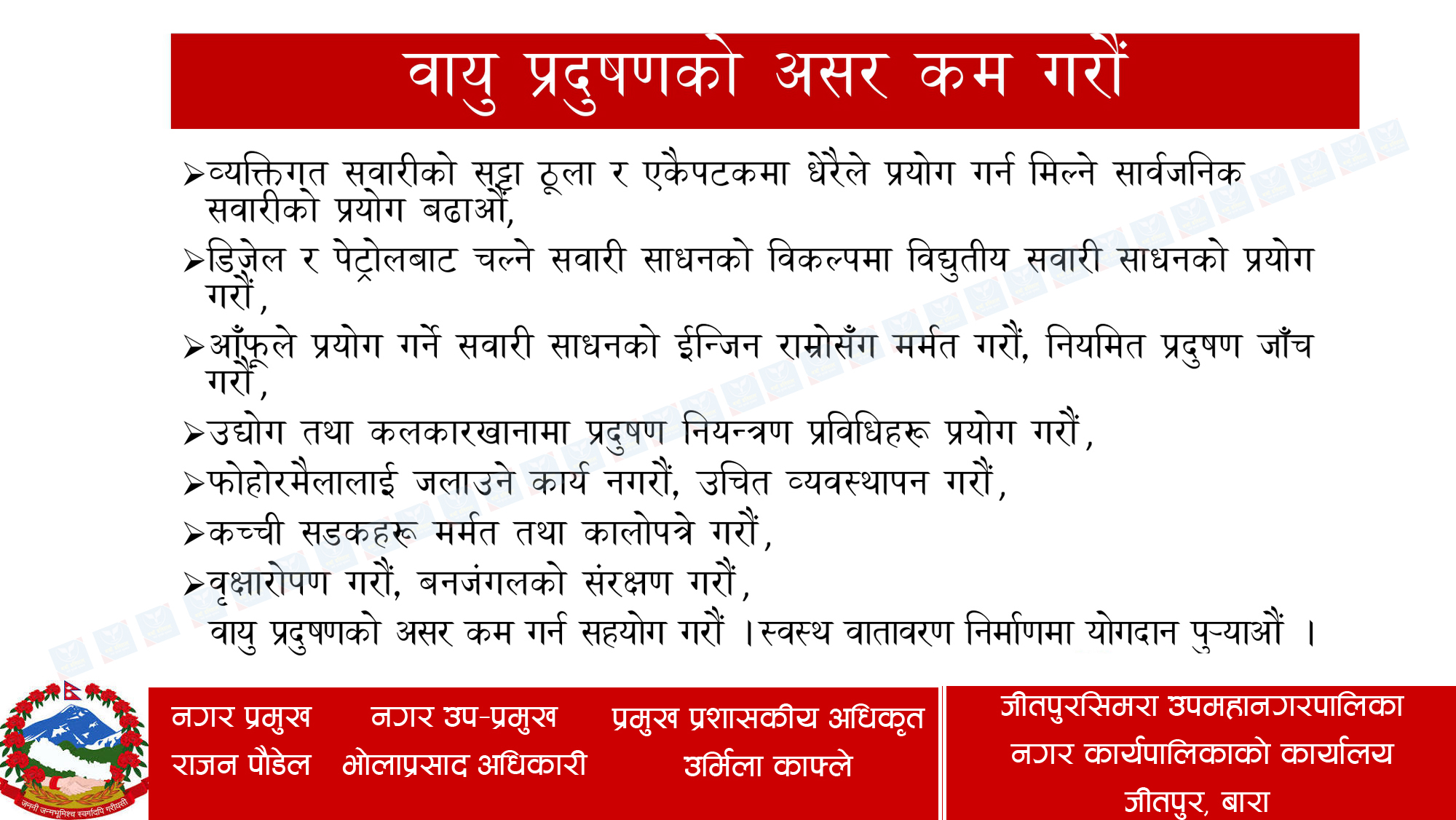In order to prepare for any potential public health crisis in the nation, the Ministry of Health and Population and security agencies have joined together.
According to officials, the Nepal Army, Armed Police Force, and Nepal Police conducted talks with the Health Ministry and agreed to work together to respond to natural disasters and public health situations.Dr. Prakash Budhathoki,
the ministry's spokeswoman, said that "we are going to prepare a
framework, which is required for better coordination, collaboration, and
sharing of information among the state agencies." "We hope that
better coordination and collaboration will aid in prompt and effective disaster
response," the statement reads.
In recent times, Nepal
has seen a number of public health crises, including bacterial and viral
illness epidemics, including cholera, scabies, and diarrhoea, as well as
natural catastrophes like landslides and floods. Due to insufficient
coordination and collaboration amongst the authorities involved, efforts of
several governmental agencies to handle the crisis have been ineffectual.
The change, according
to officials, would also aid in preventing task duplication.
Collaboration between
state authorities is also consistent with an International Health Regulations
recommendation, they claim.
A legally binding
agreement between its 196 members, the International Health Regulations-2005,
aims to improve the ability to identify and report future global public health
emergencies. Nepal is a participant in the rules as well.
According to experts,
there is a strong likelihood that any sickness found in one part of the world
would spread quickly to many other nations due to the rising movement of
individuals from across the world.
"Only the agencies
under the Health Ministry or the security agencies cannot handle the public
health emergencies," said Dr. Hemanta Ojha, a representative of the
Epidemiology and Disease Control Division. "With the cooperation of the
state agencies, we can effectively manage emergencies."
According to officials,
simulated training and a mock drill will be held soon.
At Tribhuvan
International Airport, Gautam Buddha International Airport, Bhairahawa International
Airport, and Pokhara International Airport, the government has established
international health desks. 15 more health desks have also been set up for
surveillance, including two at border crossings with China and two at various
land crossings with India.
According to the
International Health Regulations-2005, setting up health desks, scaling up
monitoring methods to assess the dangers, and reporting to the UN health agency
are all global responsibilities.
According to medical
professionals, catching infections early is crucial to avoiding their spread.
They said that strong disease surveillance techniques are necessary for early
diagnosis, and the other authorities involved must put in a lot of effort.










